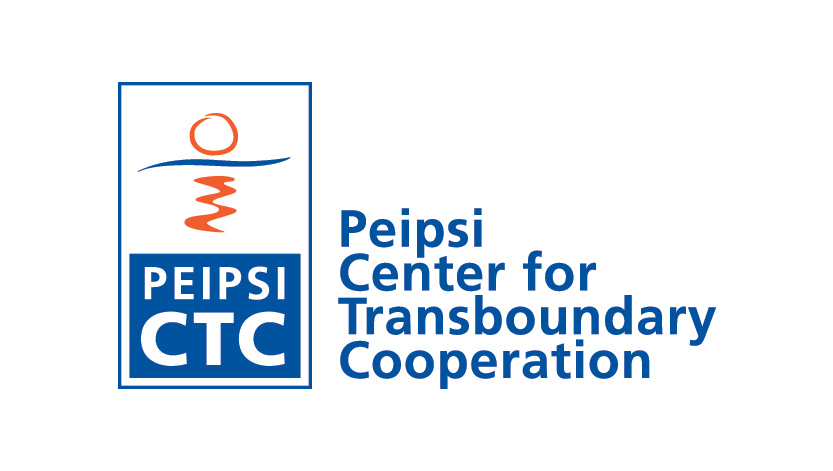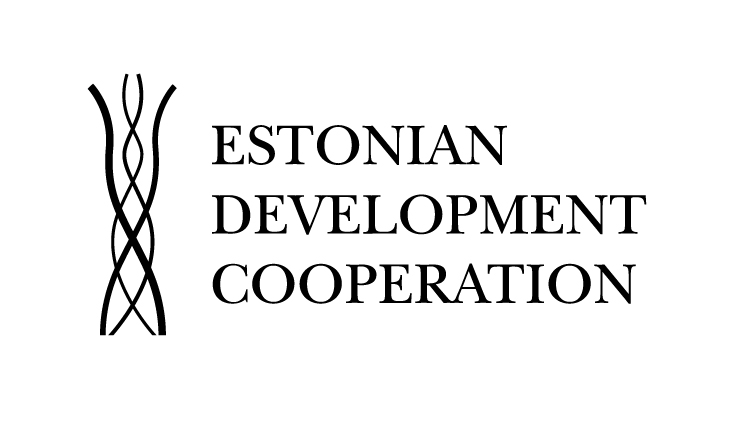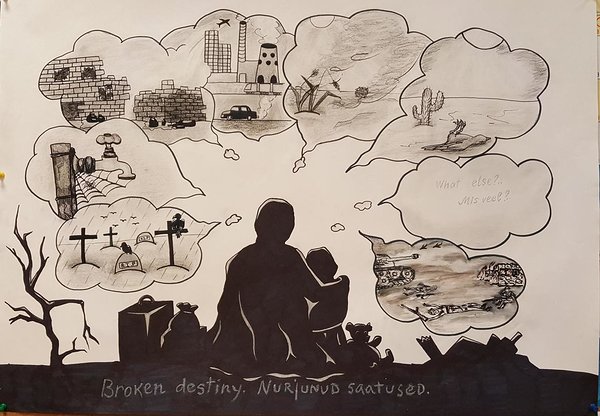Global education in Lake Peipsi region schools – environmental justice and environmental refugees
Financial support:
Project duration: April 2016 – April 2017
Project coordinator: Margit Säre, margitsare @ gmail.com
The aim of the project is to promote development education also in Estonian rural areas (in Lake Peipsi region,), improve understanding of youth on global problems (especially climate change- refugee topic), solidarity and tolerance.
Project activitiesinclude organisation of development education activities in rural schools, teachers training, development of methodological guideline on climate change and development/ environmental refugees topic. Articles on environmental refugees, environmental justice topic will be also published.
Press releases:
27 October 2016; Global education weeks in Lake Peipsi region schools
In October and November global education weeks are organized in several Lake Peipsi region schools.
Schools organise fair trade cafes, discussion and film programs on sustainable production/consumption, volunteer work, quizzes etc.
Peipsi Center for Transboundary Cooperation has prepared a new training program and material for teacher on environmental justice and -refugees. During global education week our experts run several pilot workshops - "Imaginary trip" - on climate refugees for primary school pupils; aiming to make children think on solidarity, tolerance, interdependency issues in our current world.
Schools have also participated in oster competition on climate change and climate refugees. Winners of the competition participated in the study tour to Tartu on 26 October and presented their poster at international SAME World conference.
12 April 2017 Public discussion on climate change and food
Climate change and agriculture are interrelated processes, both of which take place on a global scale. Climate change affects agriculture in a number of ways, including through changes in average temperatures, rainfall, and climate extremes (e.g., heat waves); changes in pests and diseases; changes in the nutritional quality of some foods, etc.
But also our food choices have a powerful impact on Climate Change, while meat production is a major contributor. It is estimated that livestock production accounts for 70 per cent of all agricultural land and produces a considerable volume of greenhouse gases that contribute to climate change.
These are some of the topics we are going to touch in public discussion on April, 12 in Tartu.



